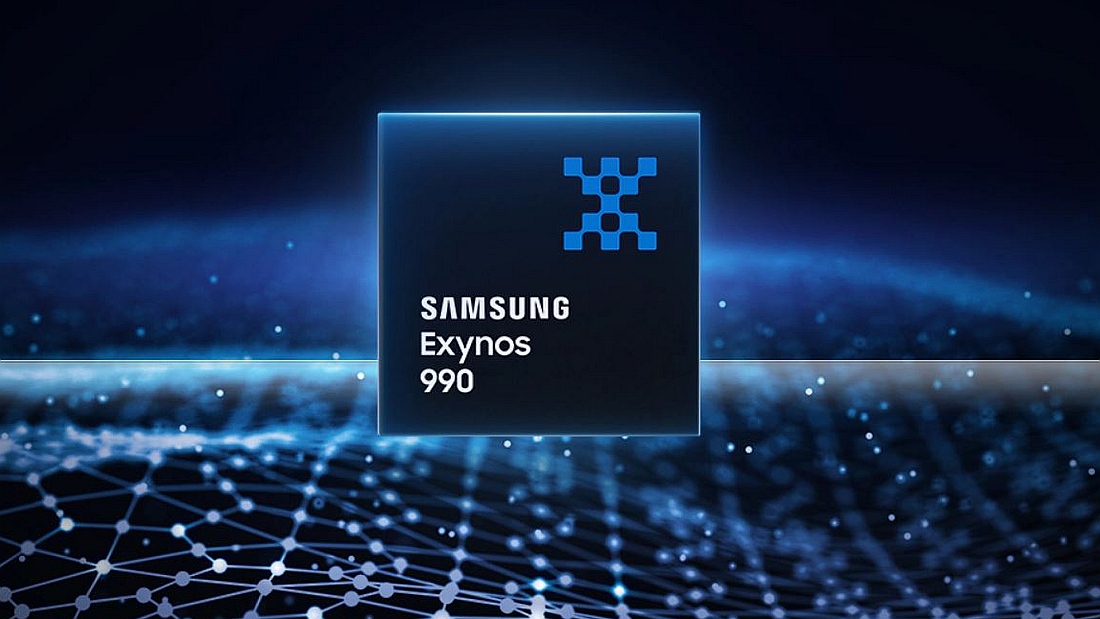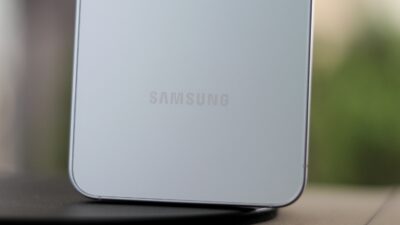
However, while 2015 may have been a bad year for Qualcomm, the American chipmaker learned its lesson and doubled down on making sure that its Snapdragon chips were the best you could get on an Android smartphone going forward. And, in recent years, Snapdragon chips have surpassed Samsung's Exynos processors as well, particularly when it comes to efficiency and, therefore, battery life.
Things really care to a fore with the Galaxy S8, when tests done by multiple publications found the Snapdragon 835 inside the Galaxy S8 to be more efficient than the Exynos 8895. And it's a theme that has been seen across all of the Exynos and Snapdragon chips that have found their way into Galaxy flagships since then. Last year, Samsung fell almost a generation behind when the Galaxy S10's Exynos 9820 was built on an 8nm manufacturing process instead of a 7nm process like the Snapdragon 855.
Exynos continues to be inferior, and people are not happy
This year is no different, unfortunately. The Galaxy S20 that's powered by the Snapdragon 865 has shown better efficiency than the Exynos model in real-life tests done by different websites. People have been complaining about the disparity between Exynos and Snapdragon chipsets for a long time at this point, but now, with Samsung's flagship phones costing as much as $1400, the disparity has become quite frustrating for Samsung fans (including us here at SamMobile).
Samsung's shareholders aren't happy, either: The company was grilled at its annual shareholder meeting recently for reasons why it continues to sell its phones with Exynos chipsets despite the poorer performance compared to Snapdragon SoCs. Samsung didn't really have any useful answer other than the fact that using its in-house chips helps it generate revenue for its semiconductor division.
A business decision that's unfair for the customer
Basically, it's a purely business-minded decision, and it's completely unfair for customers who buy these flagships. Why should customers in the US and China get a superior processor inside their phone while the rest of the world gets to pay the same amount of money for reduced performance and/or efficiency? Why should the consumer care about how they help Samsung's semiconductor division generate revenue instead of simply, say, move to the competition?
After all, every major competing manufacturer except Huawei uses the latest and greatest Snapdragon processor inside their flagships, and in many cases, sells them at lower prices. Those flagships may not offer the kind of all-rounder package that you get with Galaxy flagships, but is that going to be enough for everyone considering the fact that a Galaxy flagship offers a better experience to customers in select countries?
It's especially disdainful for Samsung to keep peddling its not-so-good Exynos processors in most markets now that its flagship phones start at prices as high as $1400. And people are beginning to wake up to this unfair practice. In the Samsung Members app in India, for example, there are tons of posts from Galaxy users asking why Samsung continues to sell Exynos variants of its flagships in the country. We also see similar comments from readers worldwide here on SamMobile, and some users even decided to start a petition on the matter on Change.org just a few weeks ago.
There is hope for Exynos processors, but it might be too late
The efficiency problems with Exynos chips started right about the time Samsung started designing custom CPU cores, but there are rumors that the Exynos 990 found inside the Galaxy S20 lineup will be the last Exynos chip to use custom CPU cores. Samsung is also said to be working with AMD for a mobile GPU, so the poorer performance of ARM's Mali GPUs – the ones Samsung uses for Exynos processors – compared to Qualcomm's Adreno GPUs could cease to be a problem as early as next year.
With Samsung selling the Snapdragon-powered Galaxy S20 in South Korea, it may even bring the Snapdragon variants of its flagships to more markets in the future. But that's no solace for customers who have already purchased an Exynos-powered Galaxy S20, Galaxy S10, or Galaxy Note 10 or are looking to do so. Right now, they don't get the same value-for-money as customers who get the Snapdragon variants, and that's simply not palatable for the price tags that are attached to Samsung's latest flagships.
What do you think? Do you think Samsung should stop using Exynos processors, or perhaps make sure Exynos chips are as good as the Snapdragon alternative? Do you think the differences aren't big enough to matter and are okay with paying for either variant? Let us know down in the comments!


















